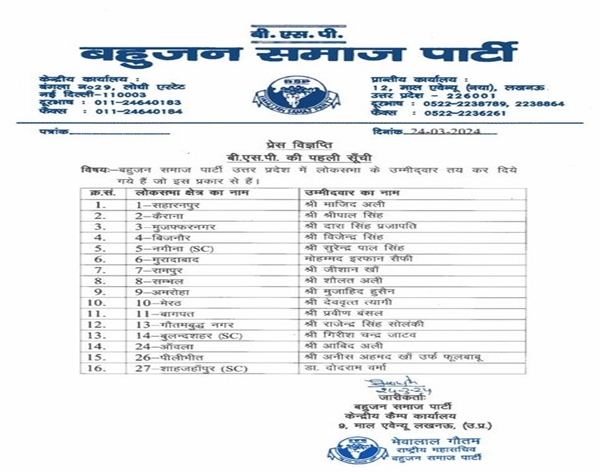In an exclusive interview with Akashvani Correspondent Deeksha Saxena, Amit Prothi, Director General of the Coalition for Disaster Resilient Infrastructure (CDRI), shed light on CDRI's mission, its global impact, and the crucial role of resilient infrastructure in tackling disasters and climate change.
CDRI, launched in 2019 by Prime Minister Narendra Modi at the UN Climate Action Summit in New York, is a coalition of countries and organizations dedicated to enhancing infrastructure resilience. With 40 member nations, including India as the founding member, CDRI aims to influence the global approach to infrastructure development by focusing on capacity building, technical assistance, and emphasizing resilience in construction and reconstruction.
Prothi highlighted the increasing number of disasters, such as earthquakes, droughts, and floods, over the past two decades. He emphasized that while natural phenomena like earthquakes have always existed, the scale of infrastructure development and climate change have amplified their impact. Therefore, building resilient infrastructure is essential to prevent natural events from becoming disasters.
India's leadership in disaster resilience stems from first-hand experiences with major disasters, such as the Bhuj earthquake in the early 2000s. Prime Minister Modi's involvement in post-disaster recovery efforts further underscores India's commitment to building resilient infrastructure.
CDRI concentrates on critical infrastructure sectors, including power, telecommunications, transportation, and urban development. Prothi explained that CDRI aims to provide guidelines and support for these sectors to enhance their resilience. For instance, CDRI has surveyed 111 airports globally to assess their resilience to various disasters, ensuring that these critical nodes of connectivity remain operational during crises.
Recognizing the vulnerability of island states, CDRI is focused on helping them build resilient infrastructure. Prothi mentioned that the organization is currently designing an urban program to address risks in densely populated areas. As for Africa, CDRI is looking to expand its membership and support resilience efforts in the continent's rapidly developing infrastructure sector.
Prothi addressed the need for standardized guidelines for assessing and labeling infrastructure as earthquake-resistant or resilient. He emphasized that codes and standards vary according to geography, but CDRI is working on providing guidance to ensure safety and awareness for property buyers.
CDRI is developing a global database to track infrastructure risk on a national level. This comprehensive model will help decision-makers understand which types of infrastructure are more susceptible to specific hazards, aiding in the development of effective resilience strategies.















